Introduction
In the world of manufacturing, small CNC machines have become indispensable tools for precision metal cutting. These compact yet powerful devices allow hobbyists and professionals alike to create intricate designs and components with ease. Understanding the capabilities of a small CNC machine for metal is crucial, especially when considering its applications in various industries.
Understanding Small CNC Machines
Small CNC machines are designed to perform computer-controlled machining tasks on a variety of materials, including metals. They offer flexibility and accuracy that manual machining simply cannot match, making them ideal for both small-scale projects and larger production runs. Whether you're a DIY enthusiast or running a professional workshop, knowing how to leverage these machines can significantly enhance your productivity.
Benefits of CNC for Metal Cutting
CNC technology revolutionizes metal cutting by providing consistent quality and reducing waste during the manufacturing process. With features like automated tool changes and precise programming options, users can achieve complex cuts that would be nearly impossible with traditional methods. Additionally, the efficiency of a small CNC machine for aluminum work allows businesses to meet tight deadlines while maintaining high standards.
Choosing the Right CNC Machine
Selecting the best small CNC machine for metal involves understanding your specific needs and budget constraints. Factors such as material compatibility—like What is the cheapest metal to CNC?—and desired output quality should guide your decision-making process. By evaluating options based on performance metrics and user reviews, you can confidently invest in a machine that will serve your projects well.
Overview of Small CNC Machines
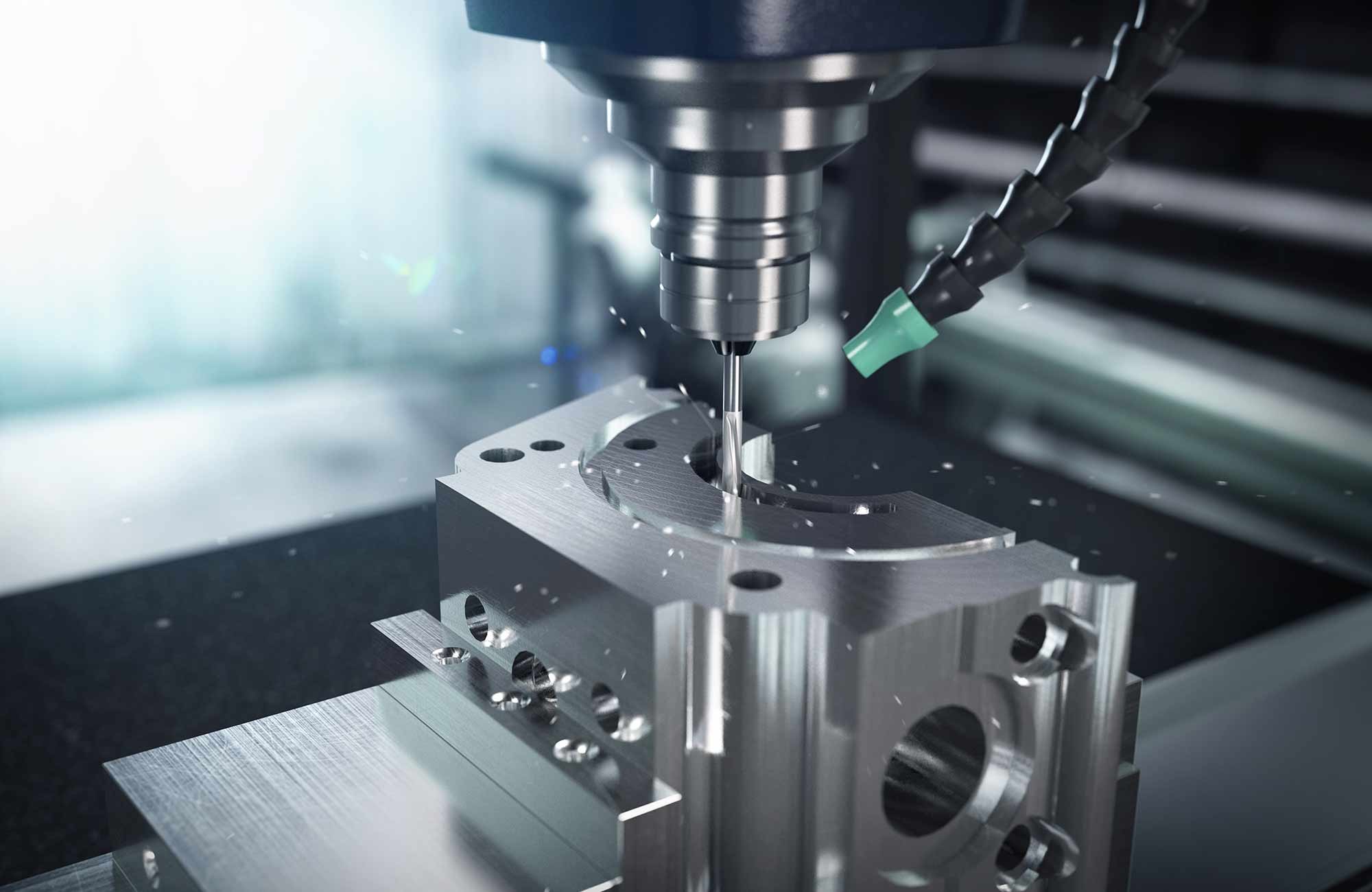
Small CNC machines have revolutionized the metalworking industry, providing precision and efficiency in a compact form. These machines are designed to handle various metal cutting tasks, making them ideal for small workshops or hobbyists. Understanding their definition and key features is essential for anyone looking to invest in a small CNC machine for metal.
Definition and Key Features
A small CNC machine for metal is a computer-controlled device that automates the process of cutting, milling, or engraving metals with high accuracy. Key features often include a robust frame, powerful spindle motors, and advanced software capabilities that allow users to create complex designs effortlessly. Additionally, many models come equipped with user-friendly interfaces and safety features that enhance usability while ensuring operator safety.
Common Applications in Metal Cutting
Small CNC machines are versatile tools commonly used in various applications within the metalworking sector. From creating intricate parts for machinery to producing custom components for automotive or aerospace industries, these machines excel at delivering precise cuts consistently. Moreover, they can also be employed for prototyping and small-scale production runs—perfect for businesses looking to test new designs without investing heavily in larger equipment.
Selecting the Best Small CNC Machine for Metal
First, assess your specific needs: What materials will you be working with? For example, if you're asking yourself What is the cheapest metal to CNC? aluminum often comes out as a popular choice due to its affordability and ease of machining. Additionally, consider the machine's specifications—such as cutting speed and accuracy—as well as its compatibility with software solutions that support your design processes.
Types of CNC Machines for Metal
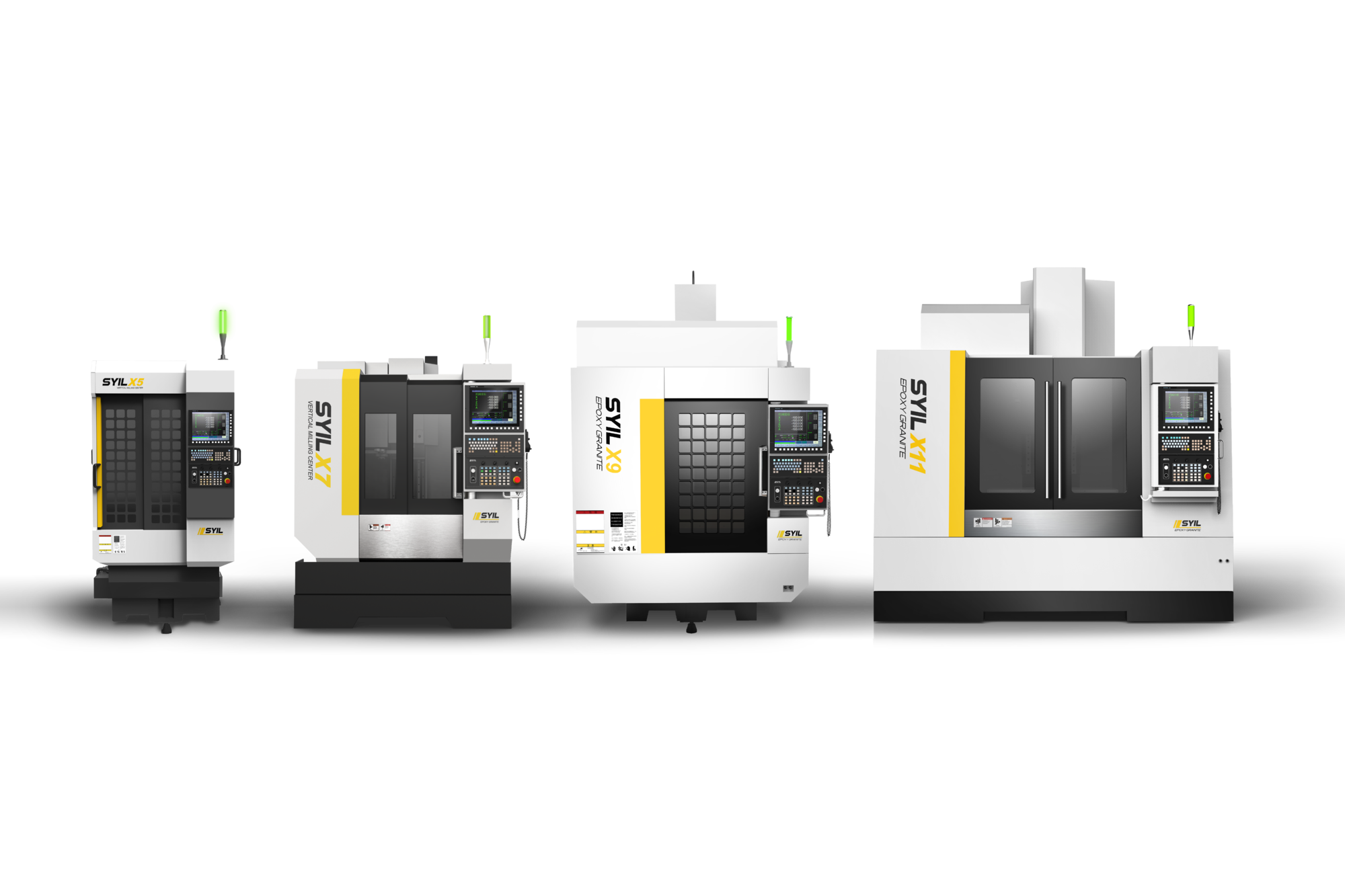
Exploring the 5 Common Types
The landscape of CNC machines is diverse, but five types stand out when it comes to metal applications: CNC milling machines, CNC lathes, CNC plasma cutters, CNC laser cutters, and CNC routers. Each type serves a unique purpose and offers distinct advantages depending on your project needs. Whether you're wondering what is the cheapest metal to CNC or how to utilize these machines effectively, knowing their functionalities will guide you in making informed choices.
1. CNC Milling Machines: These are versatile and can perform complex cuts with high precision.
2. CNC Lathes: Ideal for cylindrical parts; they excel in turning operations.
3. CNC Plasma Cutters: Best for cutting thick metals quickly and efficiently.
4. CNC Laser Cutters: Perfect for intricate designs with minimal waste.
5. CNC Routers: Great for softer metals or materials like aluminum.
Pros and Cons of Each Type
Every type of small CNC machine for metal has its strengths and weaknesses that you should consider before making a purchase decision.
CNC Milling:
Pros: Highly precise; capable of complex shapes.
Cons: Can be expensive; requires skilled operators.
CNC Lathes:
Pros: Excellent for repetitive tasks; efficient material removal.
Cons: Limited to rotational parts; not suitable for flat surfaces.
CNC Plasma Cutters:
Pros: Fast cutting speeds; effective on thick materials.
Cons: Less precise than lasers; produces rough edges that may require finishing.
CNC Laser Cutters:
Pros: High precision; clean cuts with minimal kerf loss.
Cons: Limited thickness capacity; typically more expensive.
CNC Routers:
Pros: Versatile with various materials; relatively easy to use.
Cons: Less effective on harder metals compared to other types
Understanding these pros and cons will help you answer critical questions like Can you use a CNC machine for metal? while also guiding your choice on the best small CNC machine for metal work tailored to your specific needs.
Recommended Small CNC Machines for Metal
Choosing the right small CNC machine can be daunting given the multitude of options available today. For those looking specifically at small-scale operations focused on metalwork, here are some recommended models:
1. **SYIL X5 Series**: This compact yet powerful small cnc machine excels at aluminum work while providing exceptional accuracy at an affordable price point—making it one of the best small cnc machines for metal enthusiasts out there!
2. **Tormach PCNC Series**: Known as an entry-level milling machine that offers great versatility without breaking the bank—perfect if you're exploring what is the cheapest metal to cnc!
3. **Shapeoko XXL Router Kit**: While primarily designed as a router, it's surprisingly effective when working with softer metals like aluminum—ideal if you're just starting out in this exciting world!
By considering factors such as cost-effectiveness and capability when selecting from these recommended models, you'll be well-equipped to establish or expand your cnc business while maximizing profitability—a crucial aspect many aspiring operators often overlook!
Materials and Techniques
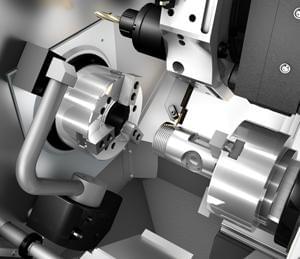
When it comes to CNC machining, the choice of materials and techniques can greatly influence the overall outcome of your projects. Understanding which metals are best suited for small CNC machines for metal can save you both time and money. Plus, knowing the right practices can enhance your efficiency and profitability in a CNC business.
What is the Cheapest Metal to CNC?
If you're looking to keep costs down while exploring CNC machining, aluminum often tops the list as one of the cheapest metals to CNC. Not only is aluminum lightweight and easy to work with, but it also offers great machinability, making it a favorite among hobbyists and professionals alike. Other affordable options include mild steel and certain alloys that provide excellent value without sacrificing quality.
When considering What is the cheapest metal to CNC?, it's essential to balance cost with performance. While aluminum is economical, some projects might benefit from using other metals depending on their specific requirements. Ultimately, choosing a low-cost metal that meets your project's needs will enhance your experience with a small CNC machine for metal.
Small CNC Machine for Aluminum Work
A small CNC machine for aluminum work opens up a world of possibilities for both personal projects and professional applications. These machines are specifically designed to handle softer metals like aluminum efficiently while maintaining precision in cutting and shaping. When selecting the best small CNC machine for metal, look for features such as high spindle speed and robust feed rates tailored for aluminum profiles.
Additionally, many small CNC machines come equipped with user-friendly software that simplifies programming tasks—ideal if you're new to machining or want quick setups between jobs. By investing in a specialized small CNC machine for aluminum work, you can maximize productivity while minimizing waste material during operations. This focus on efficiency can significantly impact profitability if you're considering whether Is a CNC business profitable?
Best Practices for Metal Cutting
To achieve optimal results when using your small CNC machine for metal cutting, adhering to best practices is crucial. Start by ensuring that your workpiece is securely clamped; this prevents movement during cutting which could lead to inaccuracies or damage both to the part and the tool itself. Additionally, selecting appropriate speeds and feeds based on material type will enhance tool life while producing cleaner cuts.
It's also important to regularly maintain your equipment; this includes checking tool sharpness and cleanliness of components like coolant systems—especially vital when working with harder materials or intricate designs typical in What are the 5 common types of CNC machines? By following these best practices in metal cutting techniques, you'll not only improve quality but also bolster efficiency across all operations related to your small CNC machine.
Profitability in CNC Business

Venturing into the CNC business can be a lucrative endeavor, especially with the right tools and strategies. Whether you’re using a small CNC machine for metal or focusing on more complex operations, understanding profitability is crucial. Let’s dive into whether a CNC business can truly be profitable and what factors play into that equation.
Is a CNC Business Profitable?
The short answer is yes; a CNC business can be profitable, but it requires careful planning and execution. With the increasing demand for precision metal work, many entrepreneurs find that investing in the best small CNC machine for metal pays off handsomely. However, profitability isn't guaranteed—success hinges on market demand, operational efficiency, and effective marketing strategies.
Many factors influence how much profit you can generate from your small CNC machine for aluminum or other metals. For instance, if you focus on high-demand materials like aluminum or even explore what is the cheapest metal to CNC, you may find yourself with a steady stream of clients. Ultimately, your profitability will depend on how well you leverage these aspects to carve out your niche in the market.
Factors Affecting Profit Margins
Several key factors determine profit margins in the CNC business landscape. First off is material cost; knowing what is the cheapest metal to CNC can significantly impact your bottom line when you're sourcing materials for projects. Additionally, operational costs such as maintenance of your small CNC machine for metal and labor expenses will also eat into profits if not managed wisely.
Another crucial factor is pricing strategy—understanding how much to charge for services rendered while remaining competitive is essential. If you're providing high-quality work with the best practices for metal cutting using advanced features of your small CNC machine for aluminum, clients may be willing to pay more. Lastly, market competition cannot be overlooked; knowing who else offers similar services will help you position yourself effectively.
How to Scale Your CNC Operations
Scaling your operations involves strategic planning and investment in technology and personnel. First things first: assess whether your current setup with a small CNC machine for metal meets growing demand or if it’s time to invest in additional machines or larger models like the best CNC machine for metal work available on the market today.
Investing in automation technologies could also enhance productivity without excessively increasing labor costs—a smart move as you scale up operations! Additionally, consider diversifying services offered; if you're adept at working with various materials beyond just aluminum or familiar with what are the 5 common types of CNC machines available today, this could open new revenue streams.
Ultimately, scaling requires not only expanding capabilities but also refining processes—ensure that quality control remains paramount as production volume increases so that client satisfaction stays high!
Recommended Models and Brands
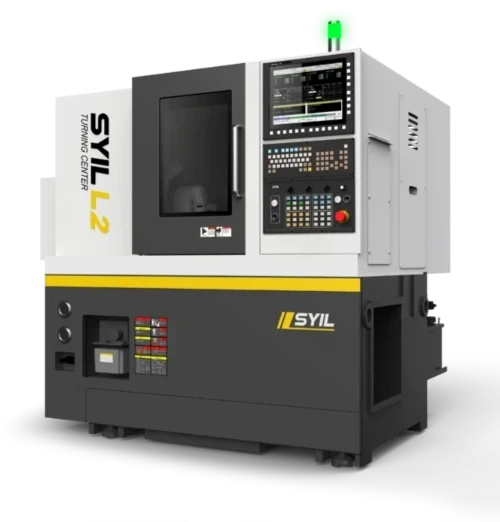
When diving into the world of small CNC machines for metal, it’s essential to choose models that balance quality with affordability. The best small CNC machine for metal will often depend on your specific needs and budget. In this section, we’ll explore some standout models, focusing on their features and performance.
Best Small CNC Machine for Metal Overview
In the realm of small CNC machines for metal, several models have gained popularity due to their efficiency and versatility. These machines are designed to handle various materials, including aluminum and other metals, making them ideal for both hobbyists and professionals alike. When considering what is the cheapest metal to CNC, aluminum often comes out on top due to its lightweight nature and ease of machining.
Among the leading contenders in this category is the Shapeoko 4, known for its robust build quality and user-friendly software compatibility. Another popular choice is the X-Carve by Inventables, which offers a great balance between price and functionality for small-scale metal work. Both machines highlight how you can use a CNC machine for metal effectively while keeping costs manageable.
SYIL CNC Machine Features
The SYIL series stands out as one of the best small CNC machines for metal available today, particularly renowned for its precision engineering capabilities. These machines come equipped with advanced features such as high-speed spindle options and robust construction that ensure durability during prolonged use. With their ability to handle various types of metals—including aluminum—SYIL machines cater perfectly to those asking about using a small CNC machine specifically tailored for metal work.
One key feature is their intuitive control systems that simplify operation even if you're new to CNC machining. Additionally, SYIL offers customizable options that allow users to tailor their machine configurations based on specific project requirements or personal preferences. This adaptability makes them an excellent choice whether you’re starting a DIY project or looking to scale up your business operations.
Comparing Models for Value and Performance
When comparing different models of small CNC machines for metal work, it's crucial to assess both value and performance metrics thoroughly. Factors such as cutting speed, material compatibility (like using a small CNC machine for aluminum), ease of use, and customer support can significantly impact your overall experience with these tools. Notably, understanding what are the 5 common types of CNC machines can help you identify which model aligns best with your operational goals.
For instance, while routers excel at woodwork primarily but can also tackle softer metals like aluminum effectively; mills offer unparalleled precision necessary for intricate designs in tougher materials like steel or titanium. Evaluating these characteristics helps determine if investing in a specific model will lead toward profitability in your potential CNC business venture—after all, is a CNC business profitable? The right choice will likely yield better profit margins over time.
In conclusion, when selecting from among various brands like SYIL or others mentioned here, consider not just initial costs but also long-term benefits such as reliability and ease of maintenance that contribute towards successful operations down the line.
Conclusion
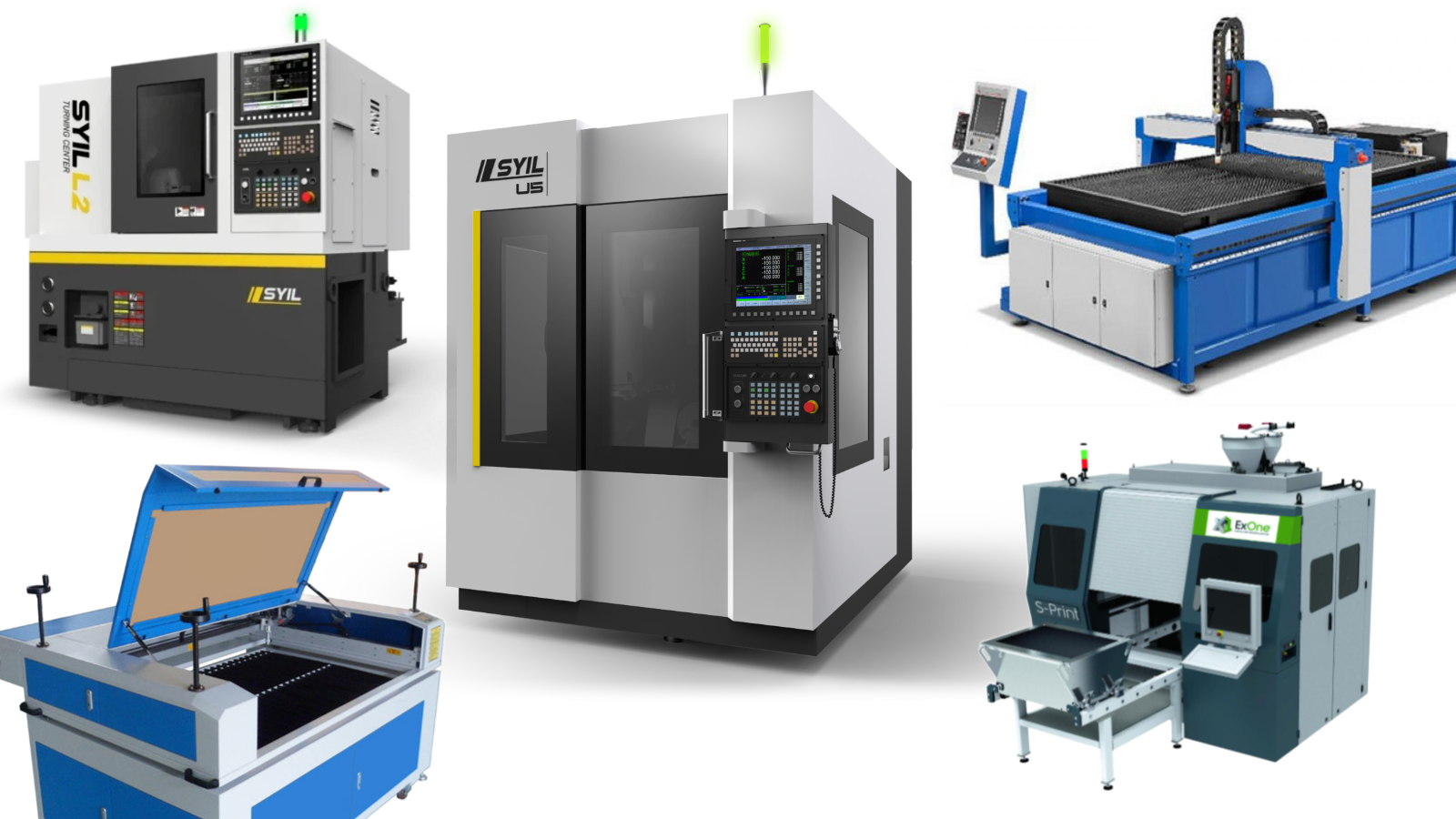
In wrapping up our exploration of small CNC machines for metal, it’s evident that the right choice can significantly enhance your metalworking capabilities. From understanding the benefits of CNC technology to knowing what materials work best, each aspect plays a crucial role in optimizing your operations. As we move forward, let's summarize the key takeaways and look at future trends that could shape this industry.
Key Takeaways on CNC Machinery
First and foremost, small CNC machines for metal are versatile tools that can handle a variety of tasks, from intricate designs to robust metal cutting. When considering what is the cheapest metal to CNC, aluminum often tops the list due to its affordability and ease of machining. Moreover, understanding what are the 5 common types of CNC machines is essential for selecting the best small CNC machine for metal that fits your specific needs.
Furthermore, investing in a reliable small CNC machine for aluminum can open doors to various applications in both hobbyist projects and commercial endeavors. Knowing how to effectively utilize these machines will not only improve efficiency but also elevate product quality—key factors in maintaining competitiveness in today's market. Lastly, many aspiring entrepreneurs wonder if a CNC business is profitable; with careful planning and execution, it certainly can be.
Future Trends in CNC Metal Cutting
Looking ahead, several trends are emerging in the realm of CNC metal cutting that could revolutionize how we approach manufacturing. The integration of AI and machine learning into small CNC machines promises enhanced precision and automation capabilities—making them more user-friendly than ever before. Additionally, sustainability practices are gaining traction; using eco-friendly materials alongside advanced techniques will likely become a priority as industries strive for greener solutions.
Moreover, advancements in software design will allow users to create complex geometries with ease while optimizing material usage—addressing concerns about wastefulness when asking what is the cheapest metal to CNC? As technology continues evolving, we can expect more compact yet powerful models entering the market; finding the best small CNC machine for metal work will become even easier as options expand.
Final Thoughts on Investing in CNC
Investing in a small CNC machine for metal isn't just about acquiring equipment; it's about embracing innovation and efficiency within your craft or business model. While costs may seem daunting initially, consider this investment as a gateway toward greater profitability—especially if you’re pondering whether a CNC business is profitable or not! Remember that choosing wisely between different types of machines tailored for specific applications can lead you down paths filled with opportunities.
To sum it all up: whether you're cutting aluminum or exploring other metals suitable for machining like brass or mild steel (the question “Can you use a CNC machine for metal?” is an emphatic yes!), there’s no denying that these tools have transformed modern manufacturing landscapes. So roll up your sleeves and get ready to invest wisely—your future projects await!

